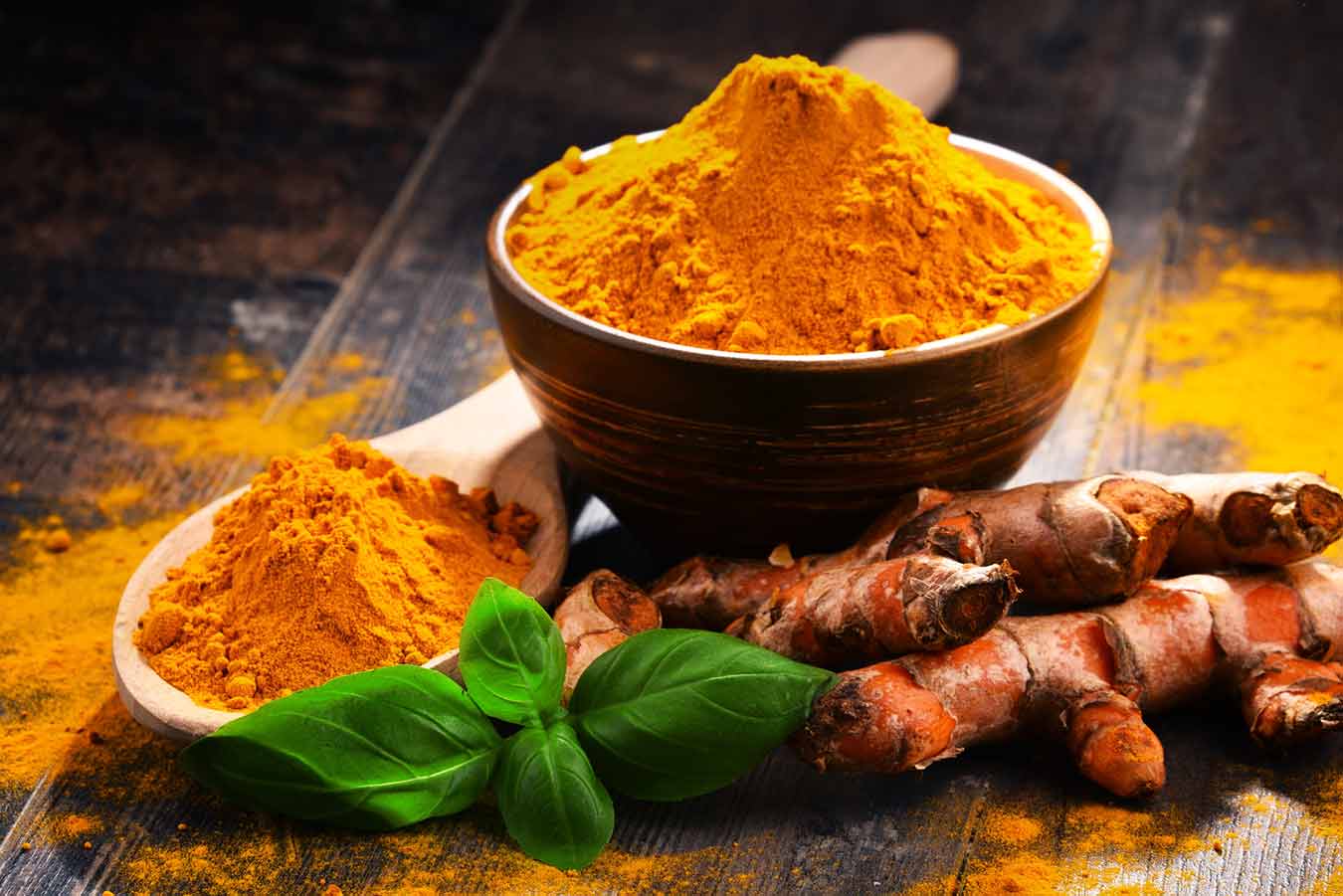Turmeric is known for its antioxidant and anti-inflammatory properties, making it a beneficial spice for your health. It is also believed to have beauty benefits. However, figuring out an apt amount of consumption of turmeric is essential to reap the mentioned benefits. We have compiled some of the major reasons why turmeric should be on your diet. Take a look!
1. Relieves arthritis patients

Turmeric contains curcumin which is a type of antioxidant and adds to turmeric’s inflammatory properties. So, reduces pain, stiffness, and swelling in joints caused by arthritis.
2. Boosts weight loss

Various medical research studies have linked the antioxidant curcumin to weight loss. However, to achieve it, you aren’t suggested to just increase the intake of turmeric but to consume dishes that contain turmeric. For eg. curries.
3. Puts You In a Better Mood

Turmeric helps you with inflammation, and inflammation may cause depression. So, consuming turmeric can help you fight anxiety and depression, especially if you’re on antidepressants.
4. Helps with blood sugar

Most of the diabetic cases are either genetic or caused by an unhealthy lifestyle or both. Here, curcumin can act as a hypoglycemic agent and thus helping in controlling blood sugar levels.
5. Has anti-cancer properties

In addition to the antioxidant properties that decrease inflammation and swelling, curcumin seems to have anti-cancer potential. Clinical trials suggest that it interferes with cell-signaling pathways in cancer cells.
6. Controls cholesterol levels

Although turmeric affects cholesterol levels inconsistently, it does lower blood fat levels. Blood fat levels are a result of intaking more calories than you burn. Over time, they build up bad cholesterol.
7. Lowers the risk of cardiovascular disease

According to WHO, cardiovascular disease results in the most number of deaths on the planet. Thankfully, curcumin helps in preventing or even treating cardiovascular disease. Additionally, research studies suggest that curcumin protects the heart from an insufficient supply of blood to an organ.

